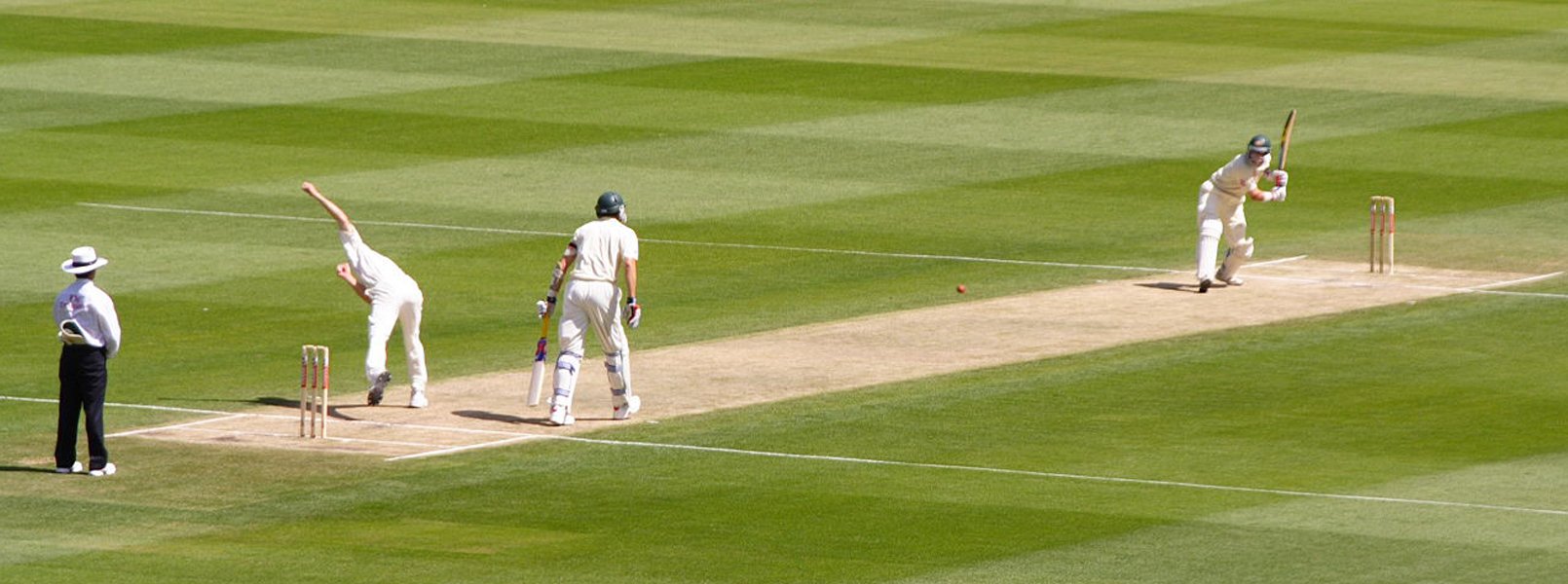Truth Stranger than Fiction
What writers can learn from sport’s ‘Super Sunday.’
Sebastian Faulks, writer of ‘Birdsong’, and a life-long cricket fan, observed of England’s win on the 14th July in the cricket world cup – ‘if I wrote a novel about this it would never get published.’ Real life events can sometimes stretch credulity. The same might be true of the amazing Wimbledon men’s singles final, where Roger Federer had two championship points and still lost to Novak Djokovic. Exciting sporting events can have similar elements to successful novels – taking spectators and readers through a roller coaster ride of emotions.
The playwright David Hare and novelist Sebastian Faulks were interviewed on radio 4 about why ‘Super Sunday’s’ finals formed such exciting narratives. Both cited the high stakes, the teetering between success and failure, and the courage shown by the protagonists as key elements. Early classical drama also featured the supernatural: capricious gods often deciding the fate of individuals on a whim. It felt like the gods were on England’s side when a New Zealand fielder, aiming to hit the wicket, threw the ball onto the English batsman’s bat by mistake, inadvertently giving England four runs – a match decider. Perhaps the gods were against Roger Federer too when he failed to convert two of Djokovic’s serves and the match tilted in his opponent’s favour. Edge of the seat stuff. In the cricket, it helped that Ben Stokes, the batsman in question, had messed up in an earlier T20 game, and thus had more to prove in helping secure England’s victory.
David Hare pointed out that in both events, the two sides were incredibly evenly-matched – like two giants slogging it out, giving the contests a Homeric feel. In the cricket, New Zealand’s generosity in defeat – and Federer’s in the tennis – imbued the matches with a nobility of spirit – again worthy of a character in a classical epic.
So what kind writers learn from sporting events like these: that people love twisty/turny plots, that we enjoy experiencing a range of emotions, that we like flawed characters who come good, that fatal elements increase our engagement and that sometimes, just sometimes, dreams really can come true.
So I don’t even need to defend my actions in spending all yesterday afternoon and evening watching television: I was conducting valuable research: honest!
